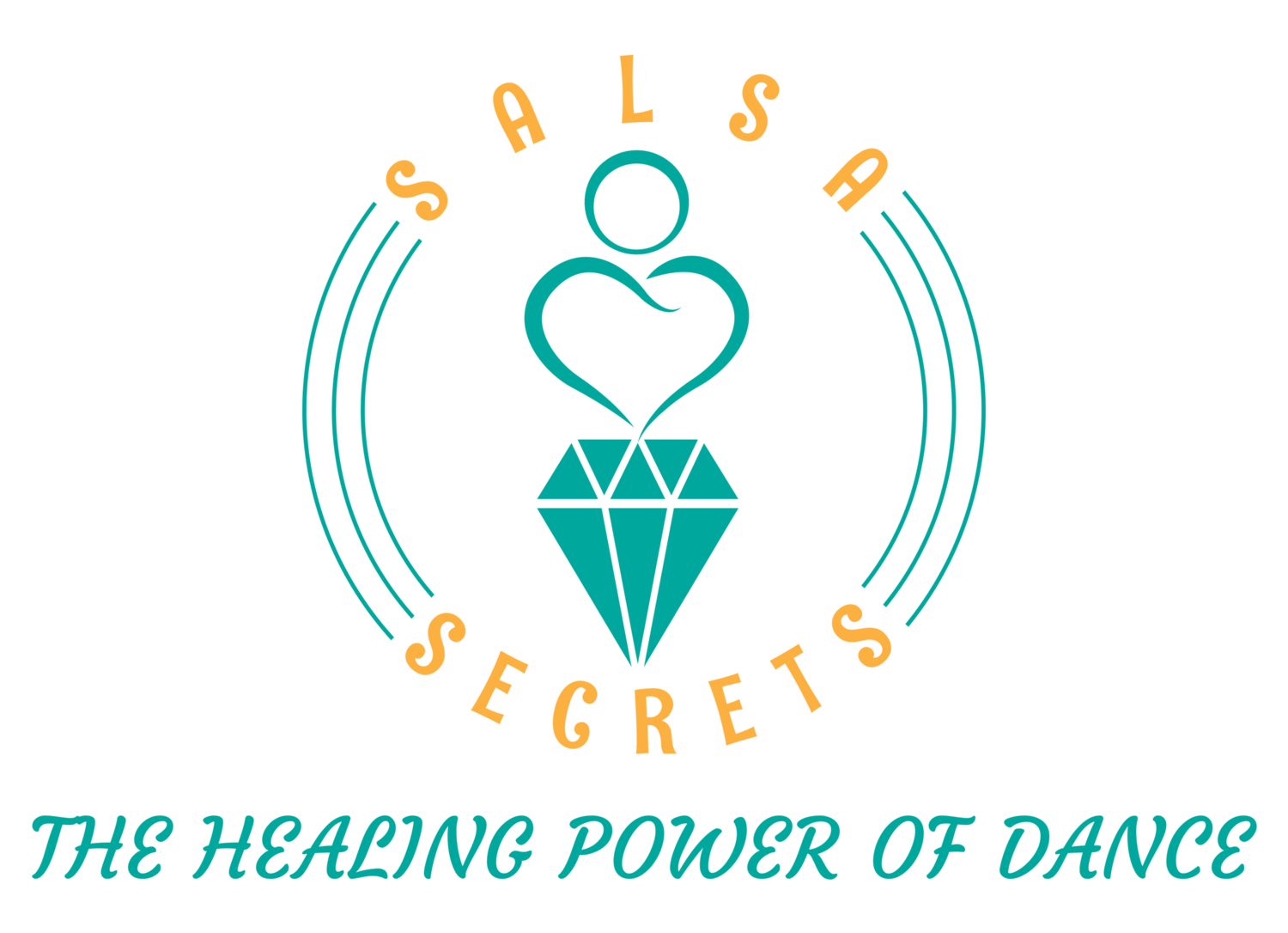Reggaeton (Regueton), often described as a dynamic fusion of Latin rhythms and hip-hop influences, has taken the music world by storm over the past few decades. Originating in the streets of Puerto Rico, this genre has transcended cultural and linguistic boundaries, becoming a global phenomenon. In this blog, we'll delve into the roots, evolution, and cultural impact of reggaeton.
Origins and Early Influences
The roots of reggaeton can be traced back to the Caribbean. It evolved from a mix of Latin American and Caribbean styles, including Jamaican reggae, dancehall, and hip-hop. Reggaeton emerged in the urban neighborhoods of Puerto Rico in the late 1980s and early 1990s. Early pioneers of the genre include artists like Vico C and El General, who laid the foundation for what would later become the reggaeton we know today.
Key Characteristics
Reggaeton is characterized by its infectious beats, heavy bass lines, and explicit lyrics that often explore themes of love, desire, and partying. The genre's signature rhythm, called "dem bow," is a danceable pattern that defines the reggaeton sound. The use of Spanish and Spanglish in the lyrics is a reflection of its diverse cultural influences.
The Global Explosion
Reggaeton's journey from the streets of Puerto Rico to international stardom is a testament to its universal appeal. Artists like Daddy Yankee, Don Omar, Wisin & Yandel, and Tego Calderón have played instrumental roles in popularizing the genre. The 2000s marked a turning point when reggaeton began topping charts and gaining recognition worldwide.
Crossover Success
Reggaeton's influence extends beyond the Latin music scene. The collaboration between Puerto Rican artists and mainstream American musicians has led to chart-topping hits. "Gasolina" by Daddy Yankee, "Despacito" by Luis Fonsi and Daddy Yankee, and "Havana" by Camila Cabello are just a few examples of reggaeton's crossover success.
Social and Cultural Impact
Reggaeton's impact goes beyond its musical achievements. It has become a cultural phenomenon, influencing fashion, dance, and even language. Reggaeton's influence on dance is evident in the popularity of dance styles like "perreo" and "twerking." It has also become a platform for social and political commentary, addressing issues such as poverty, inequality, and racial discrimination.
Challenges and Evolution
Reggaeton has faced criticism and censorship due to its explicit content, but it continues to evolve. Artists like Bad Bunny, J Balvin, and Rosalía are pushing the boundaries of the genre, infusing it with new sounds and global influences while addressing social issues and advocating for change.
Reggaeton is more than a music genre; it's a cultural movement that has given a voice to the streets and has become a soundtrack for millions worldwide. Its ability to break down linguistic and cultural barriers underscores the power of music to unite people across borders. As reggaeton continues to evolve and expand its reach, it promises to remain a dynamic and influential force in the world of music and culture. Whether you're dancing to the beat, singing along to the lyrics, or simply appreciating the genre's global impact, reggaeton is here to stay.











